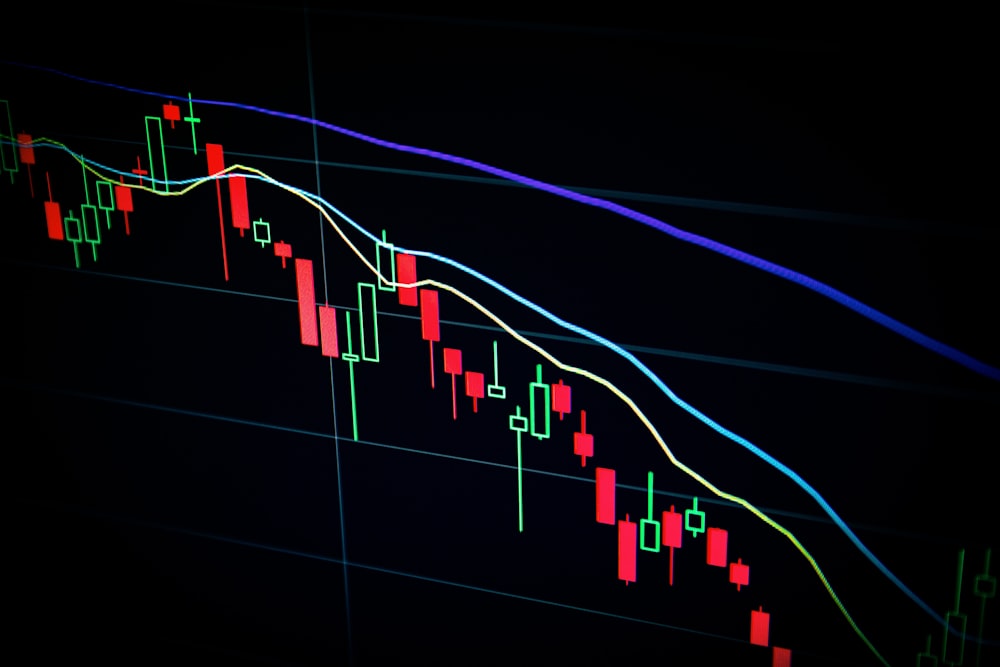Advanced Price Action Trading
Institutional Chart Patterns Retail Traders Miss
While retail traders focus on basic candlestick patterns, professional traders recognize subtle price action signals that reveal institutional activity. These advanced patterns form the foundation of hedge fund trading strategies and provide high-probability trading opportunities when properly identified.
The Hidden Language of Price Action
Institutional trading leaves distinct fingerprints on price charts. Unlike retail traders who chase price, smart money moves price to where they can execute large orders efficiently. This creates recurring patterns that signal their intentions:
1. The Stop Hunt Reversal
Institutions often trigger stops beyond obvious support/resistance levels before reversing direction. This pattern appears as:
- A sharp spike beyond a technical level
- Immediate rejection with strong opposing volume
- Price closing back within the original range
- Follow-through in the reversal direction

2. The Accumulation Spring
Smart money accumulates positions by temporarily pushing price below value before a strong rally. Key characteristics:
- Price makes lower low on decreasing volume
- Failed breakdown from consolidation
- Immediate recovery above the breakdown point
- Volume expansion on the upside breakout
Identifying Institutional vs. Retail Patterns
Professional patterns differ from retail patterns in three key ways:

Key Differences
- Volume confirmation: Institutional patterns show volume expanding in the direction of the move
- Timeframe alignment: Valid patterns appear across multiple timeframes
- Context matters: Professional patterns occur at logical liquidity pools
Advanced Pattern Recognition
These three sophisticated patterns offer exceptional risk/reward ratios when spotted:
3. The Liquidity Void
Occurs when price gaps through areas with little resting liquidity, creating explosive moves:
- Price gaps over obvious technical levels
- Minimal pullbacks during the move
- Volume spikes at key acceleration points
- Often leads to extended trends
4. The Exponential Baseline
Institutions use moving averages differently than retail traders. Watch for:
- Price respecting the 20EMA as dynamic support/resistance
- Tight consolidation near the moving average
- Breakouts with volume confirmation
- Particularly effective in trending markets

Professional Insight
Institutional patterns often fail initially before working. This “false break” traps retail traders before the real move begins. Wait for confirmation before entering trades.
Recommended Trading Platforms
These brokers provide the tools and execution quality needed for price action trading:
Implementing These Patterns
To effectively trade institutional price action:
- Mark key support/resistance levels on higher timeframes
- Watch for accumulation/distribution signs near these levels
- Wait for confirmation (closing price, volume spike)
- Enter with stop below the recent swing point
- Scale out positions into strength
Final Takeaways
- Institutional patterns focus on liquidity over aesthetics
- Volume confirms the validity of patterns
- Context (market structure) is more important than perfect pattern formation
- Patience in waiting for confirmation separates professionals from amateurs




